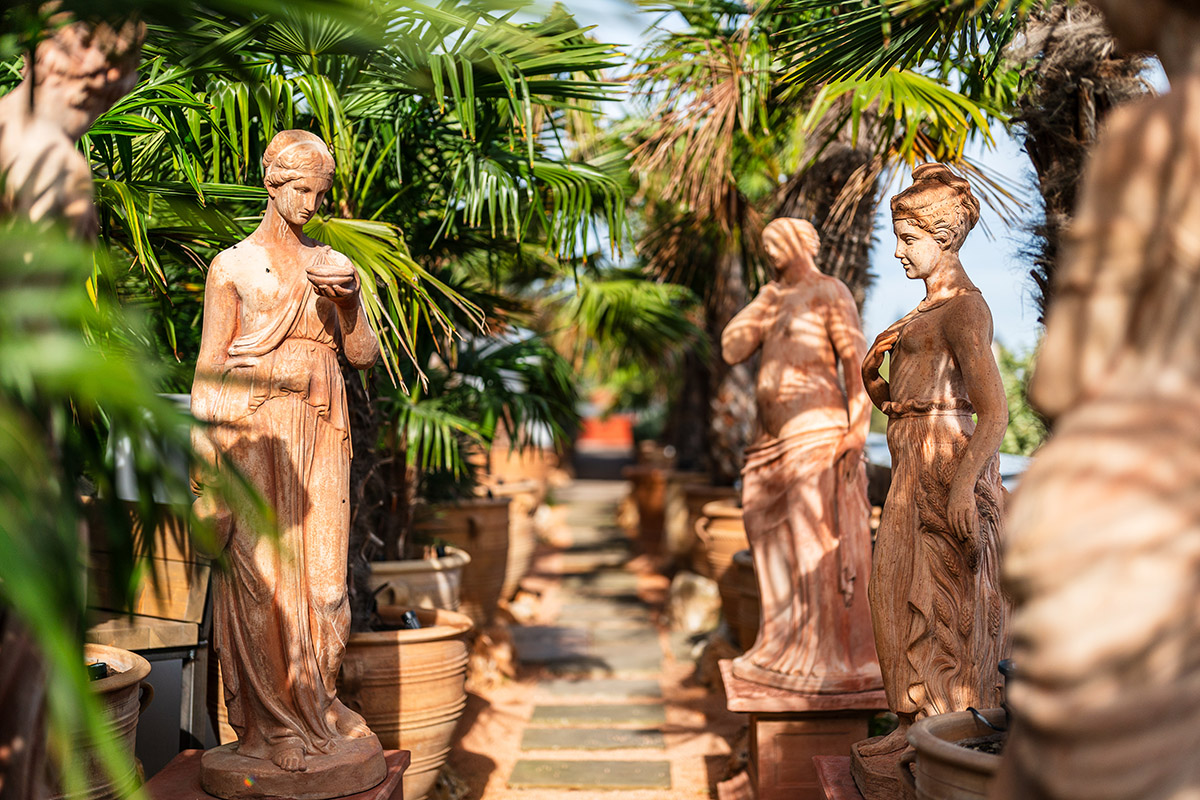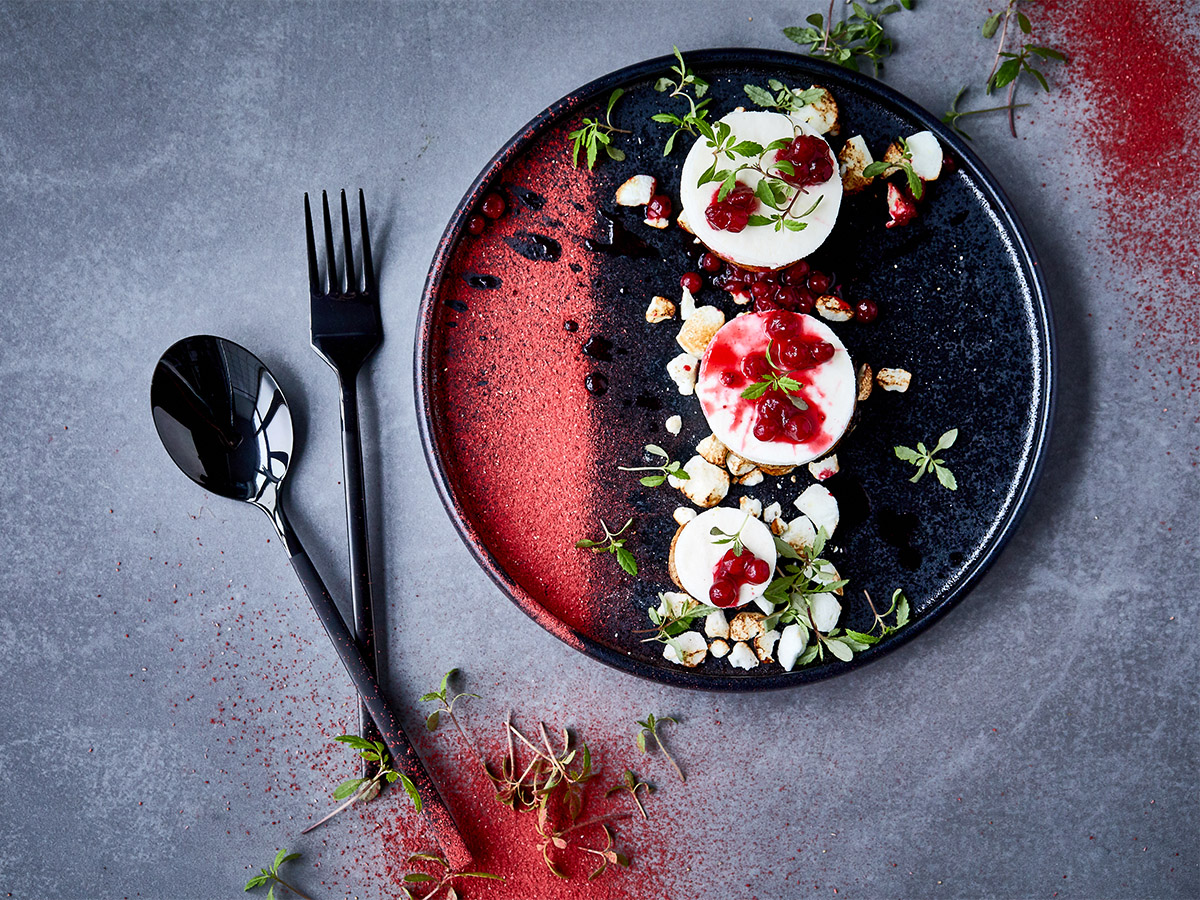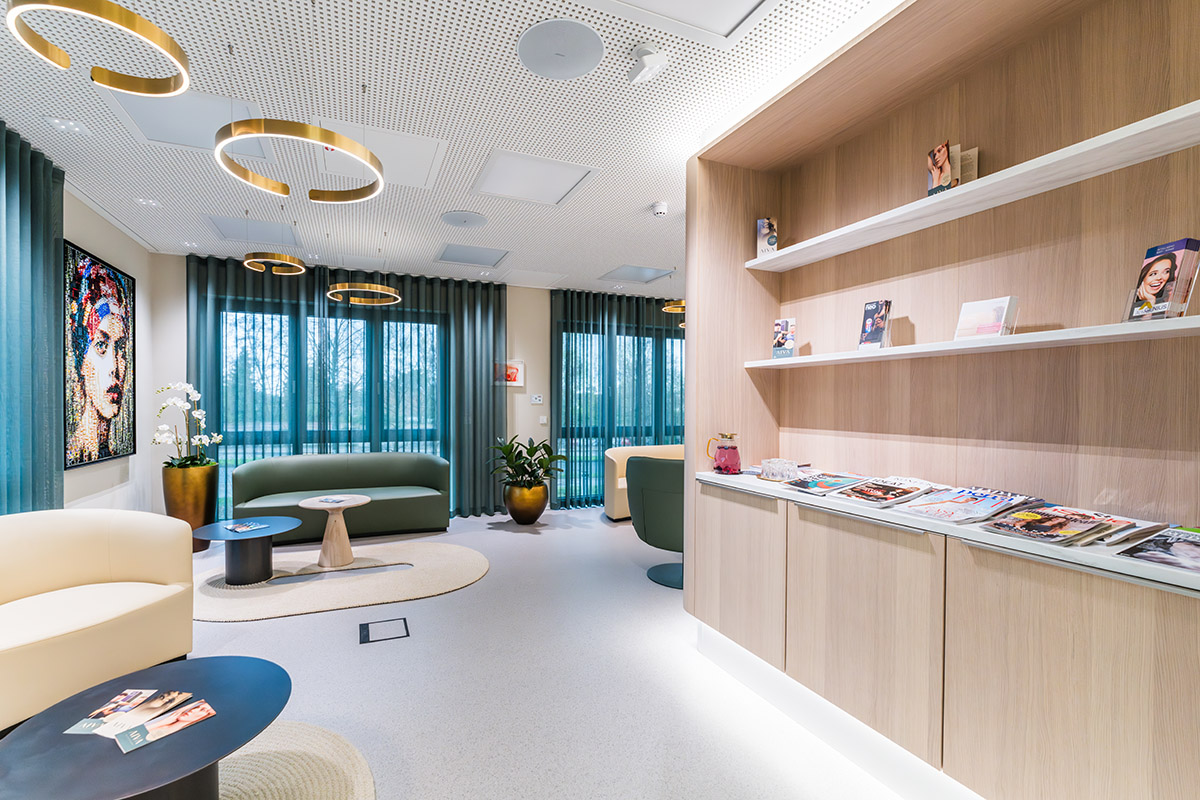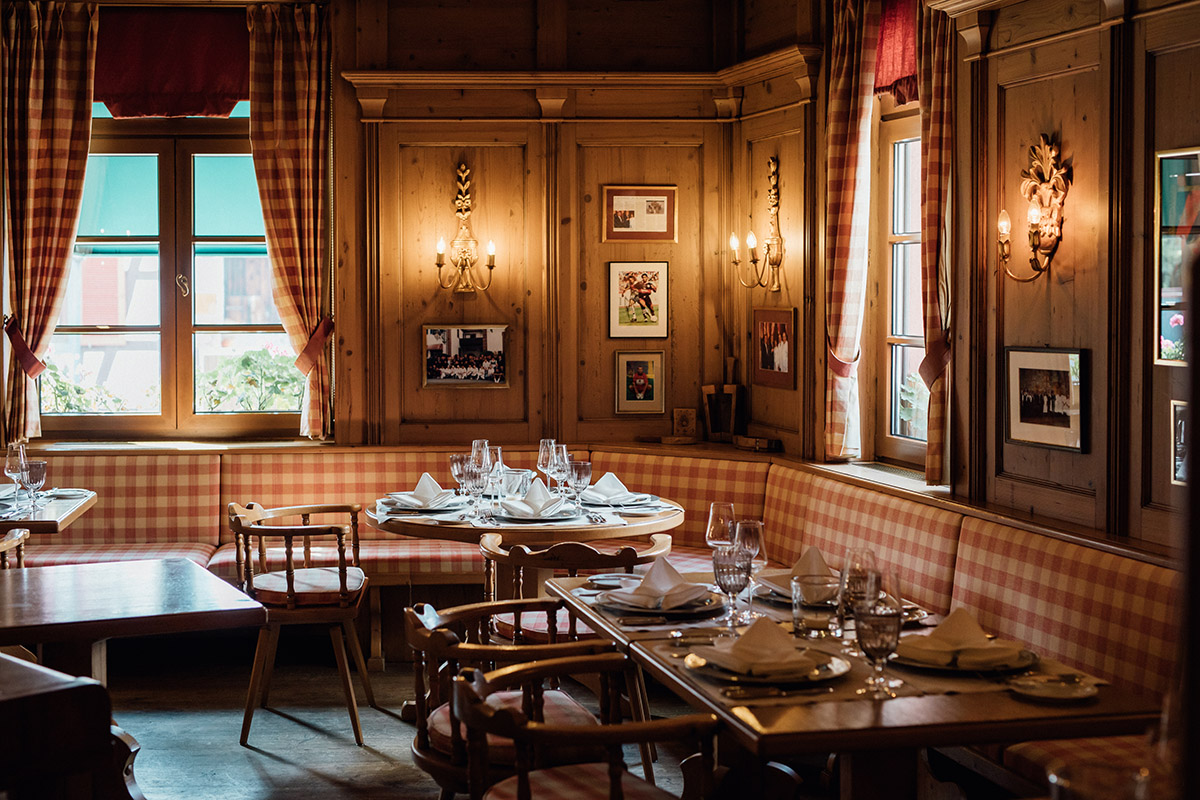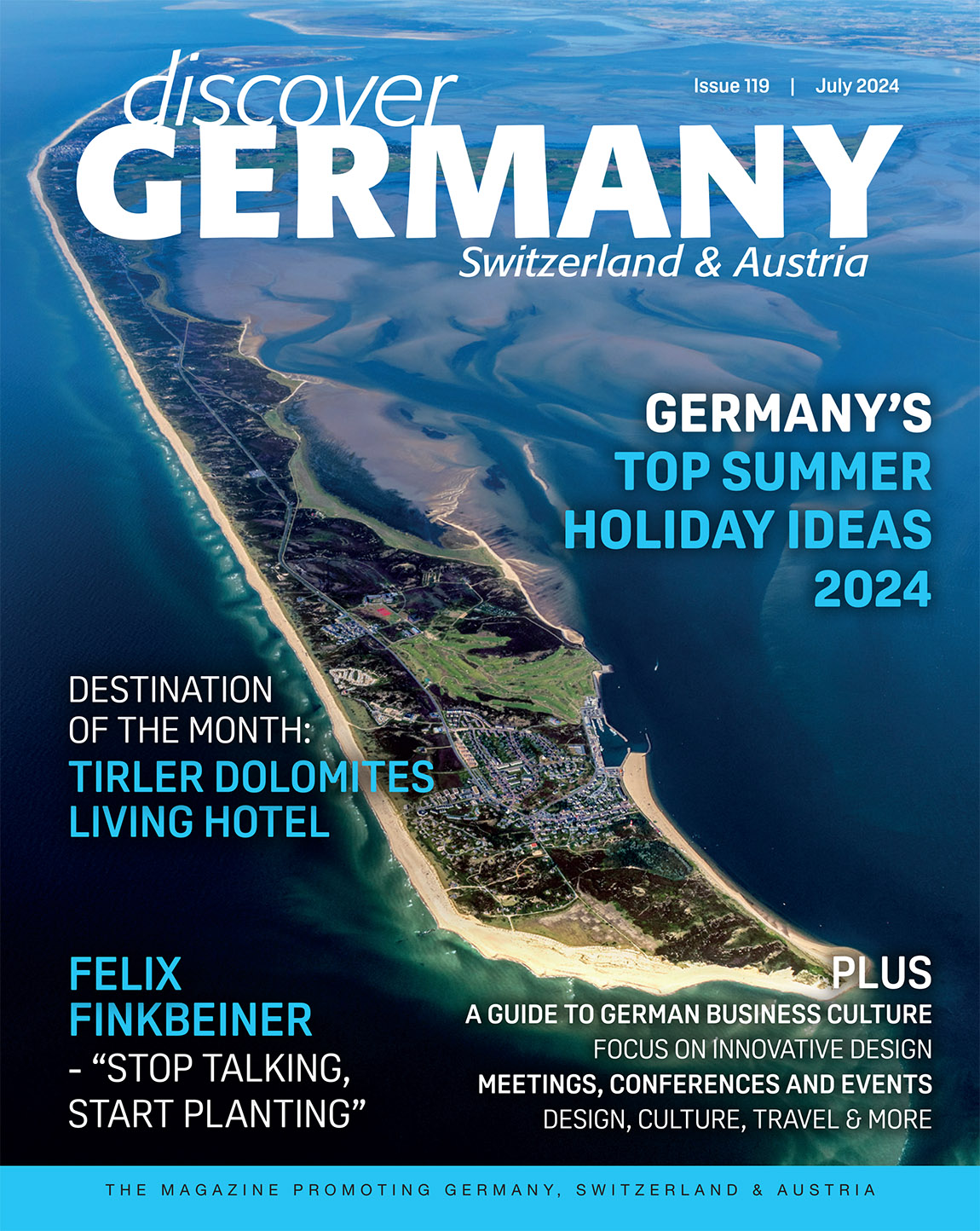The best for and from nature
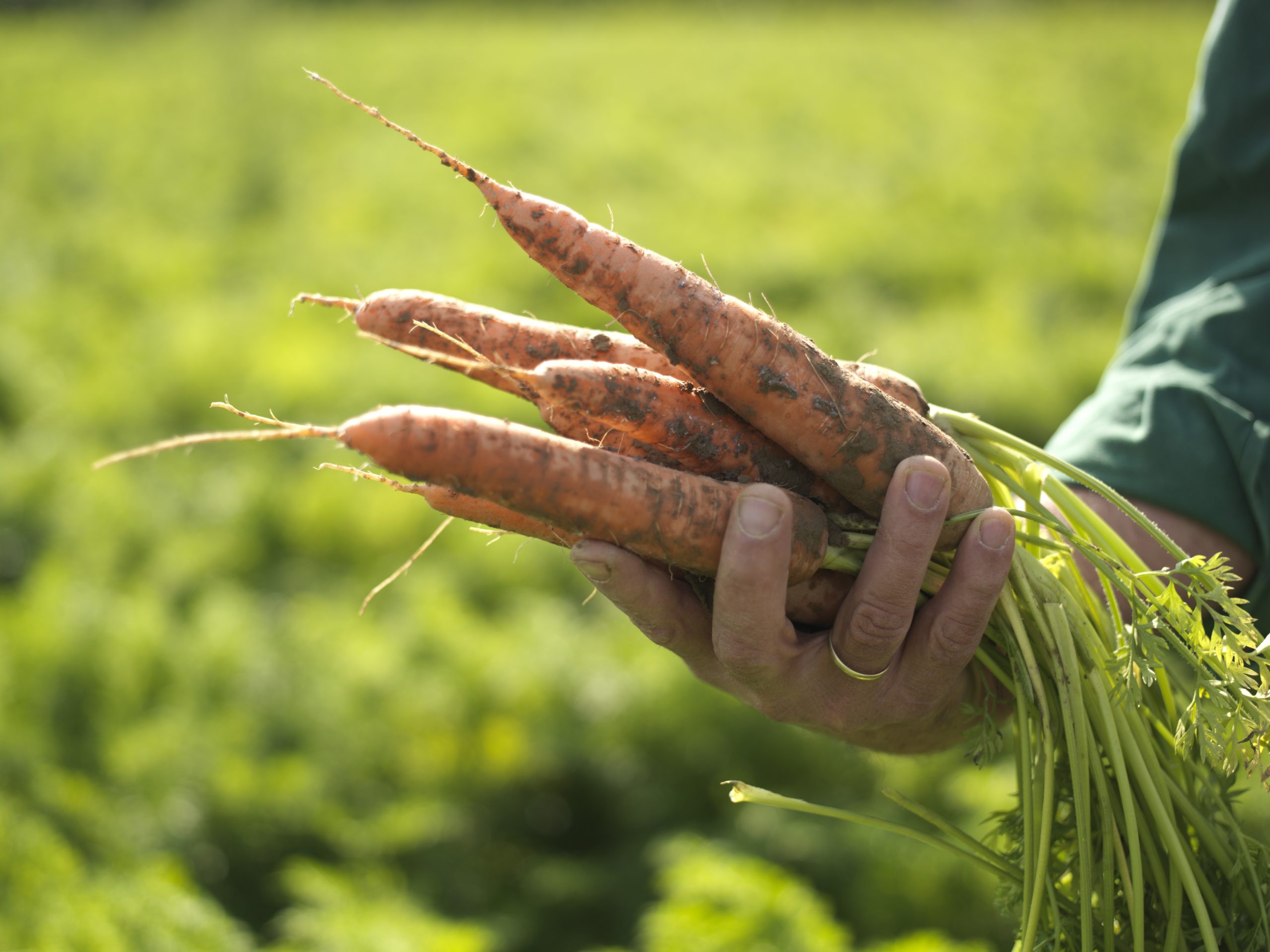
HiPP, the renowned producer of baby and infant food and the biggest processor of organic resources worldwide, has its headquarters in the upper Bavarian town of Pfaffenhofen. The family business is considered a pioneer of food production from controlled raw materials which stem from organic farming.
Claus Hipp and the Hipp family have been setting trends since the end of the 19th century, through times when farming was characterised by a high use of agro chemicals. HiPP bucked the trend by full-heartedly enhancing organic farming and setting new benchmarks. Since then, baby food can’t be imagined without the word ‘organic’.
Sustainability comes first
The manufacturing of high-quality products in harmony with nature is at the core of HiPP’s corporate philosophy. Thus, HiPP banks on organic quality and sustainability. “Above all, this includes organic cultivation and environment-friendly dealing with natural resources. Nevertheless, the long-term orientation of Corporate action, the awareness of societal responsibility and a social togetherness are also important. When we sustainably shape the environment, society and the economy,we are fit for the future and ensure future generations an existence worth living. With the words of Prof. Dr. Claus Hipp this means: ‘We want to keep the world liveable and loveable for the following generations‘,” explains Karin Pretzel, the person responsible for HiPP’s sustainability communication. Day by day more than one million HiPP baby food jars leave Pfaffenhofen, a clear indication that HiPP is Germany’s market leader for baby food.The desire for healthy baby and children’s food grows just as the demand for HiPP organic products does. Karin Pretzel adds: “What started off as HiPP’s vision is our trademark today: HiPP stands for the best quality from organic cultivation, reliable partnerships in a strong network of contract farmers, the most modern food technology and strict residue analysis. High quality is our top priority!“
The German Solar Prize
The sustainability concept is firmly established throughout all company levels, from the raw material procurement to waste recycling. HiPP helps protect the environment through organic cultivation and resource-saving production. The extensive use of renewable energies even allows climate-neutral production in Pfaffenhofen, Austria and Hungary. “Just a small number of companies can say this and Thus we were awarded the German Solar Prize in 2011,” Karin Pretzel says. Certified environmental management systems, such as the European EMAS or the international environmental ISO 14001 are standard at HiPP. HiPP’s own Ethics Charter is special as it regulates the responsible dealings with market partners, as well as the behaviour in the company and with society and the environment. “Because nature sends more and more SOS‘s, the protection of the biological diversity is also a guideline of the company,“ Karin Pretzel notes.A true pioneer, HiPP has brought numerous projects for maintaining biodiversity to life. As an example, the proportion of MSC-certified fish in the production and in the company catering increased from 30 per cent to 100 per cent within the last five years. HiPP‘s experimental farmfor biodiversity is vividly demonstrating suppliers how sustainability, soil fertility and biodiversity can be increased in agricultural everyday life.
Leading technology and excellent quality
“We work with scientists and conservationists. Numerous other projects and measures developed from sustainable action and thinking helped us to come first in representative ‘sustainability image’ consumer surveys three years in a row,“ Karin Pretzel smiles. And because babies are very sensitive, organic food is obviously the best choice. “We carry out extensive quality tests during the entire cultivation and processing procedures for our baby food. Only perfect goods are allowed in our baby food jars. Even beforehand we take soil samples and evaluate if a habitat is worth considering. We closely work and accompany the organic farmers during cultivation and later, at the time of delivery, we check the goods purity again,“ Karin Pretzel explains. HiPP’s quality management plays a crucial role and their own laboratory, which works with the latest technology, belongs to one of the leading in Europe. The company has even created their own organic label. “50 years of organic cultivation as family tradition stand behind this label. Through this, the brand was able to set new benchmarks for the quality of baby food which can be found in each HiPP product. We guarantee that ‘only the best from nature‘ is in the baby food jars and that the environment doesn’t get polluted,” Karin Pretzel notes. The residue analysis is of additional importance: HiPP has imposed very strict limits on themselves voluntarily. They approximately examine 1,200 parameters for all raw materials and each jar of baby food has to pass up to 260 controls. Thus, HiPP‘s organic label only goes on products which have passed through their strict control and security system. As Germany’s industry leader, HiPP’s exceptional quality doesn’t only mean high standards in raw material selection, safety and reliability, but also a particularly great taste. “A result of this profound organic quality concept is the high level of confidence in our products by the consumers,” Karin Pretzel concludes.
Text: Nane Steinhoff | Photos: HIPP
Subscribe to Our Newsletter
Receive our monthly newsletter by email
